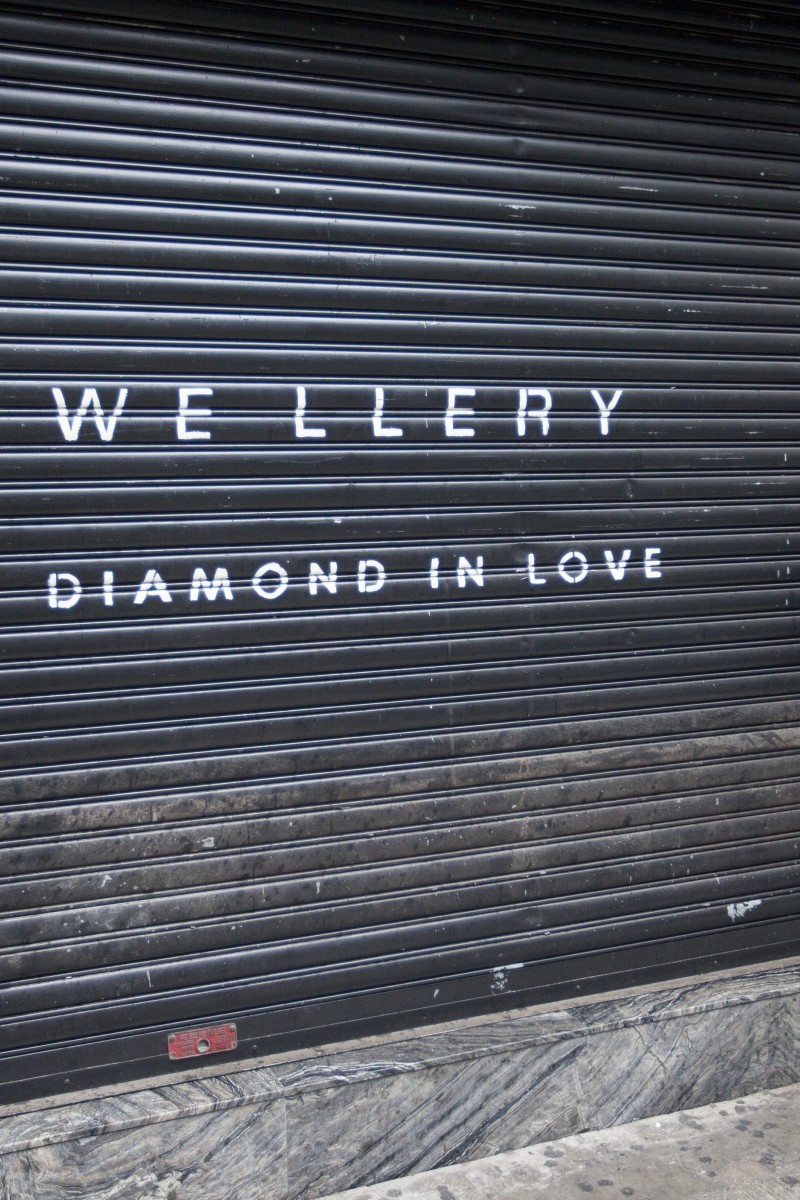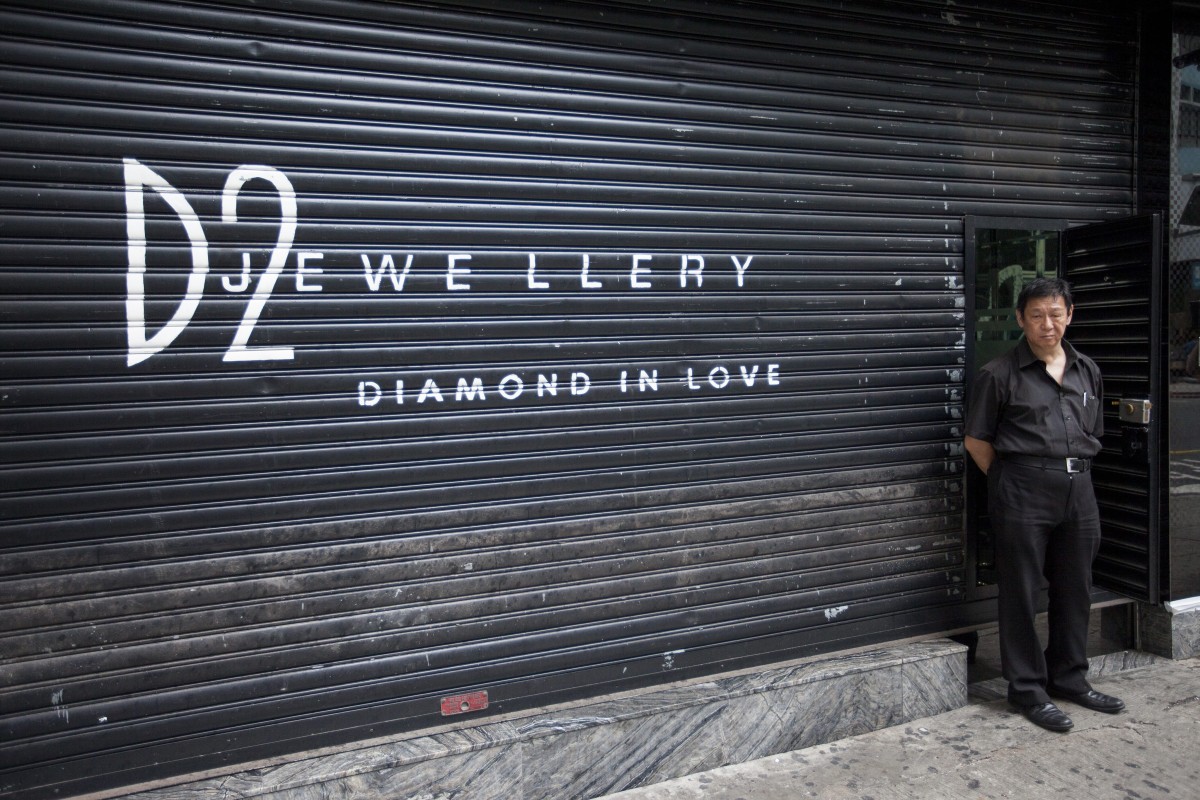
Face Off: Does forced shopping tours damage HK-mainland ties?
Each week, our two teenagers will debate a hot topic.This week …
 A closed branch of 'D2 Jewellery' where a tourist from the mainland of China was allegedly beaten before he died in hospital.
A closed branch of 'D2 Jewellery' where a tourist from the mainland of China was allegedly beaten before he died in hospital. Nitika Chandiramani, 14, King George V School
Last month, a mainland tourist was beaten and died during an argument over forced shopping. Miao Chunqi tried to soothe tempers when a fellow tourist didn't want to buy anything at a jewellery shop, and she and the tour guide started arguing. Miao's death led to an unusual call from China's tourism authority for Hong Kong to protect the rights of mainland tourists.
Chief Executive Leung Chun-ying said: "We attach great importance to this incident. We must salvage our image as a hospitable city."
This use of harassment, intimidation or undue influence to limit a tourist's freedom of choice will definitely add tension to the relationship between Hong Kong and the mainland.
A similar event took place in March 2010, when a video was made public of tour guide Li Hau-chun telling off a group of tourists for not buying enough. And these aren't the only examples. While Hong Kong is certainly a tourism hot spot, with stunning scenery, exciting attractions and, yes, great shopping, events such as these tarnish the city's reputation for hospitality, especially in the eyes of our northern neighbours.
These issues add fuel to the fire of the worsening relationship between Hongkongers and mainlanders. The increase in parallel traders from the mainland, who come to Hong Kong and bulk buy goods to resell across the border, has resulted in shortages of many popular products in Hong Kong. Other trends that cause friction include mainland mothers giving birth in Hong Kong, and mainland parents sending their children to school here.
These issues lead to a rise in hostility towards mainlanders and frustration towards interference from the mainland. It also leads to many Hongkongers protesting that Hong Kong should remain separate from the mainland in terms of culture, language and political system.
Forced shopping tours similarly cause tempers to fray, and continue to damage the relationship between Hong Kong and the mainland.
Joseph Ho Hei-chi, 19, University of Hong Kong
The recent fight during a forced shopping tour which resulted in a death once again ignited the Hong Kong-mainland relationship. These shopping tours are welcomed by mainland tourists because of their extremely low prices, but their quality is often criticised, and many tourists are left frustrated that they have to buy high-priced products.
However, I doubt these tours will further damage the already tarnished relationship between our city and Beijing.
The prevalence of these shopping tours is due to administrative and regulatory flaws, which the government should be held responsible for. Tour guides receive commission from shops when their tour groups buy things. Unfortunately there are no regulations for these tours. The Hong Kong government could monitor the prices, and ensure tourists are treated fairly, and thus avoid fights such as the one that led to a tourist's death.
The controversial tours are a matter of governance, not identity or diplomacy. They shouldn't be politicised and blamed for damaging the Hong Kong-mainland relationship.
Besides, the relationship is currently so bad that the forced shopping tours won't make much difference anyway. People aren't always rational - individuals react differently to different situations. The strained relationship between Hongkongers and mainlanders is due mainly to identity, and whether Hongkongers see themselves as "Chinese" - that is, part of China. It's much deeper than bad news from the tourism industry, which just isn't big enough to negatively impact the relationship.